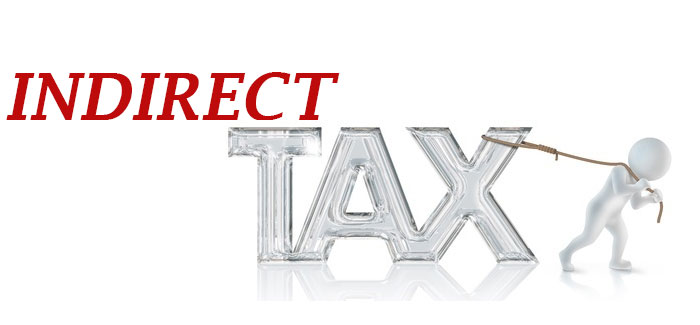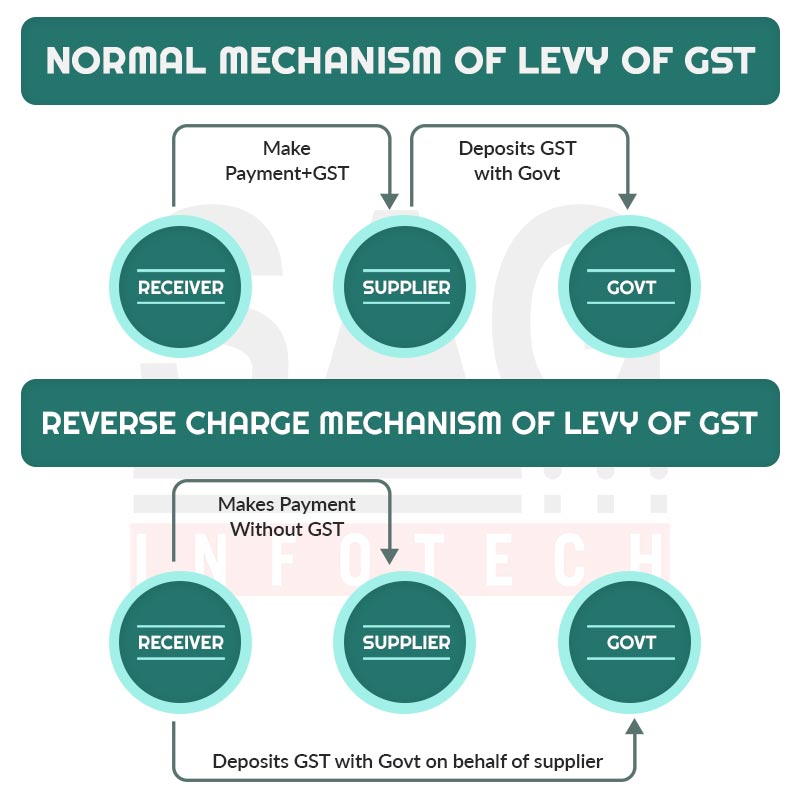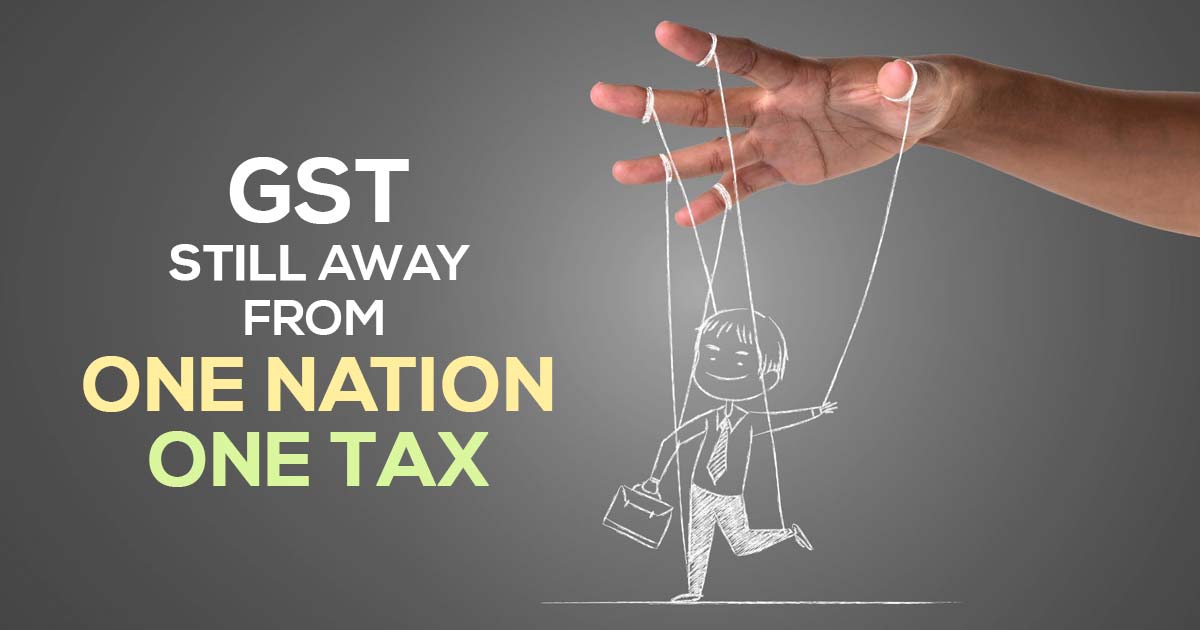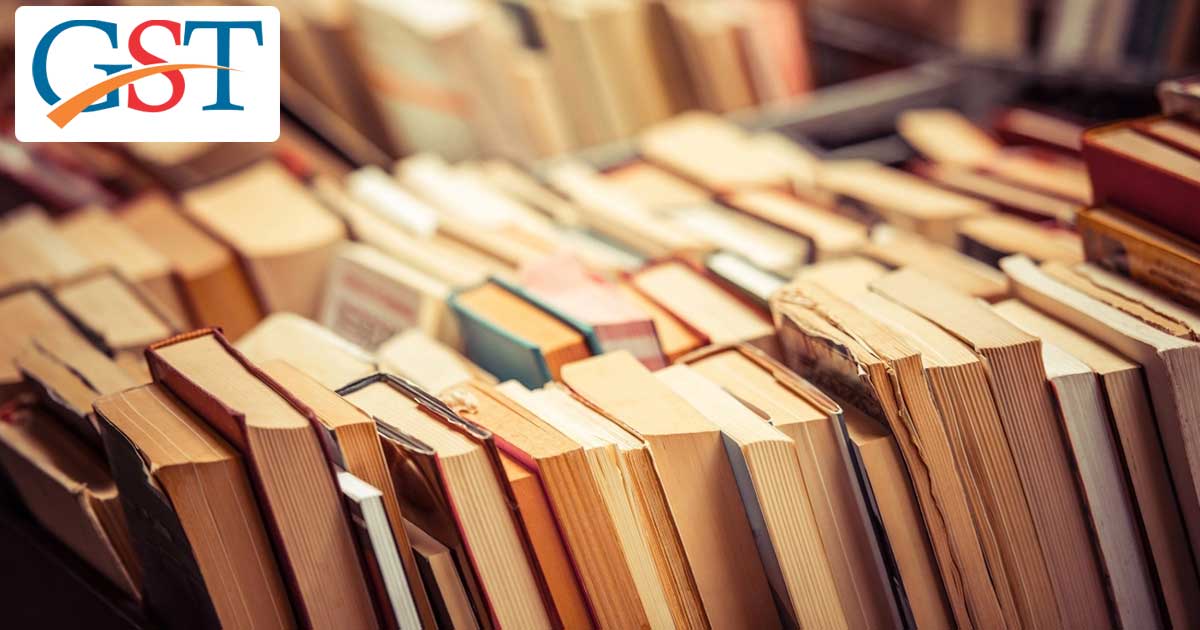The GST has created the confusion between publishers and authors and the question is that who is liable to pay 12% of Goods and Services Tax (GST) on royalties. The Meerut Publishers’ Association on the issue of GST liability on royalty filed the writ petition seeking clarity on the subject matter. The petition was initiated in Delhi high court on September 11 against the centre on the confusion created by India’s biggest indirect tax reform 
The fiction and subjects authors are regulating the court case with proximity. The famous fiction writers like Ashwin Sanghi and Ravi Subramanian have become more serious about the discussions on the topic with the publishers.
The hot discussion is that “Who is liable to furnish 12% GST on royalty?”
On the matter, Ashwin Sanghi said, “The problem lies in the fact that 12% GST is applicable on author royalties. Publishers must pay GST on the reverse charge mechanism basis 
Lately, there was no significant tax on royalty under sales tax and it was the subject of the exempted list. In addition, the royalty was also not the part of VAT as when the author transfer his/her own work the right of publishing it is not considered absolute.
MS Mani, a partner at Deloitte India said, “The reverse charge applicable on the copyrights of authors under GST requires the publishers to pay the tax, and if these are passed on to the authors, it would amount to an effective reduction in the royalties payable.”
Another discussion among authors is that the famous fiction writer like Ashwin Sanghi and Ravi Subramanian are able to propel the publishers to pay royalties but the neophyte in the field will not be able to establish their remark on the subject matter.
Ravi Subramanian, the established fiction author said, “While the well-known authors would be able to convince the publishers to absorb the GST on royalty, the lesser known and new writers would be squeezed. The larger problem, however, is that the publishers operate on about 5% margins and that they are facing the squeeze.”
Read Also: One Nation One Tax: Why GST is Still Away From This Agenda 
Industry experts concerned on the topic say that however, the books are put out of the GST net, still, the cost of the structure is not forgiving the publishers.
Abhishek A Rastogi, a partner at Khaitan & Co said on regarding the matter, “While books are largely out of the GST gamut, various input supplies are taxable. The royalties paid to authors or writers are taxed at 12% and that too under the reverse charge mechanism. The cost of books may go up due to the cascading tax effect on publishers.”
Ashwin Sanghi, Author of well-known books like The Krishna Key, The Rozabal Line, and Chanakya’s Chant commented on the matter in a humorous way and said we may do opposite of other industries and put hurdles for the inclusion of books under GST.
According to tax experts, refund mechanism is not available against input taxes if the supply Goods such as books are exempted under GST. The revert of refund scheme profits is limited to only taxable goods mentioned under GST taxable items list. This is the reason why publishers are not able to compensate royalties against tax liabilities.
Abhishek A Rastogi said, “The matter for a refund of inverted duty structure in case of exempted supplies for publishers is pending before the Delhi High Court. The legislature and judiciary should take a pragmatic view on this subject to keep costs under control for these essential supplies.”
The norms under GST will also shade their effects over freelancers and authors of school and college books. The situation can increase the cost of books in colleges and schools.
